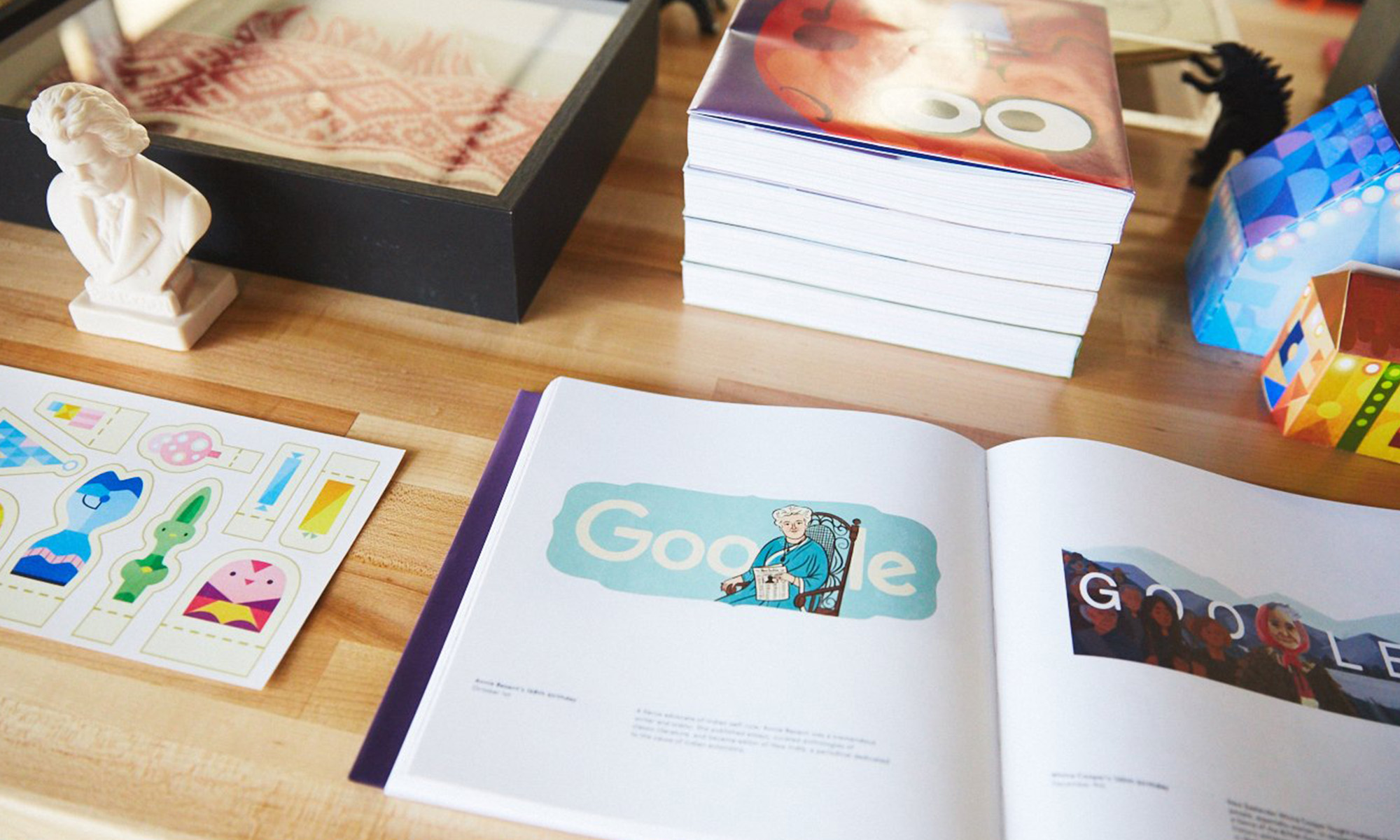Making a mark as one of the world's cutting-edge technology innovators, as Google (GOOGL 0.12%) (GOOG +0.00%) has done over the years, requires some gumption. Innovation often means taking a leap of faith and ignoring the naysayers, because let's face it; there are certain to be failures along the way.
The jury's still out on Project Loon, Google's "Balloon Powered Internet for Everyone" initiative. And while Google's futuristic self-driving cars are an engineering marvel, it remains to be seen what, if any, business case there will be to gain even the slightest return on investment. Google Glass certainly fell into the cutting-edge, wonder of innovation category as well. But looking back, the proverbial writing was on the wall that Glass would be an epic failure, so why did Google wait so long to pull the plug?
Missed it by that much
Sure, hindsight's 20/20, but it's been obvious for well over a year that either Glass wasn't ready for the mainstream, or the mainstream wasn't ready for Glass.
Years ago, back when Glass was knee-deep in its novelty stage and Google co-founder Sergey Brin and CEO Larry Page were rarely spotted in public without their "smart" shades, the future of Glass was murky, but not without its fans. But privacy concerns that were mere grumblings before Google introduced Glass, quickly took on an entirely new dimension.
By the summer of 2013, shortly after there were a laundry list of businesses – including banks, hospitals, and even bars -- that instituted bans on Google Glass, largely because of privacy concerns. And several state legislatures were pushing for bans on wearing Glass while driving. Remember, all the bans were instituted even though Glass was only in the hands of a select few.
Looking back, Google also missed the boat as it relates to what Glass looked like. It wasn't until this time last year that Google introduced new frames for Glass in an effort to lose the nerdy look of the original versions. Frankly, the new looks weren't much of a step in the right direction, but at least Google gave it an effort – after two years of being the brunt of jokes from the fashion police.
Now add in a $1,500 price tag for a device that by most accounts cost Google somewhere in the neighborhood of $150 in materials to manufacture, and Glass doomed. True, the $150 cost estimate doesn't take intellectual costs into account, but the disparity was enough to make it tough to swallow for the average consumer.
Problem is, why the delay in addressing prospective customers' concerns? What should have been obvious from the get-go, and was certainly made clear after a couple of years of consumer's lamenting Glass's nerdy looks, took Google years to address.
Where to go from here
Now that Google has officially pulled Glass off the shelves, where does its stand in the world of tech innovation? One miss doesn't warrant displacing Google as the king of innovation, but its Glass hiccup has cracked the door open a bit for competitors. And Microsoft (MSFT +0.28%) may very well be the first to take its shot at Google.
At last week's big Windows 10 unveiling, Microsoft's new OS was overshadowed by the introduction of its futuristic, holographic headset that takes virtual reality (VR) to a whole new level. Though still in its testing phase, by most accounts, "Project Baraboo," as Microsoft refers to its VR solution, is an entirely unique experience compared to others, like the Oculus Rift.
And remembering that Microsoft is toying with the notion of a "smart" transparent tablet cover via its Research unit makes you wonder what other mind-bending goodies Microsoft CEO Satya Nadella and team are working on. A new VR gadget and smart tablet covers aren't enough for Microsoft to unseat Google with its driver-less cars, drones, odd-looking balloons, and smart homes, but they are enough to make investors stand up and take notice.
Was it stubbornness that kept Page holding on to Glass long after it had become evident there was no market, nor would there be in the foreseeable future? Or did he really not get it? Either way, Glass should be a lesson to be learned from, not repeated, because Google's competitors would love nothing better than another flop.








